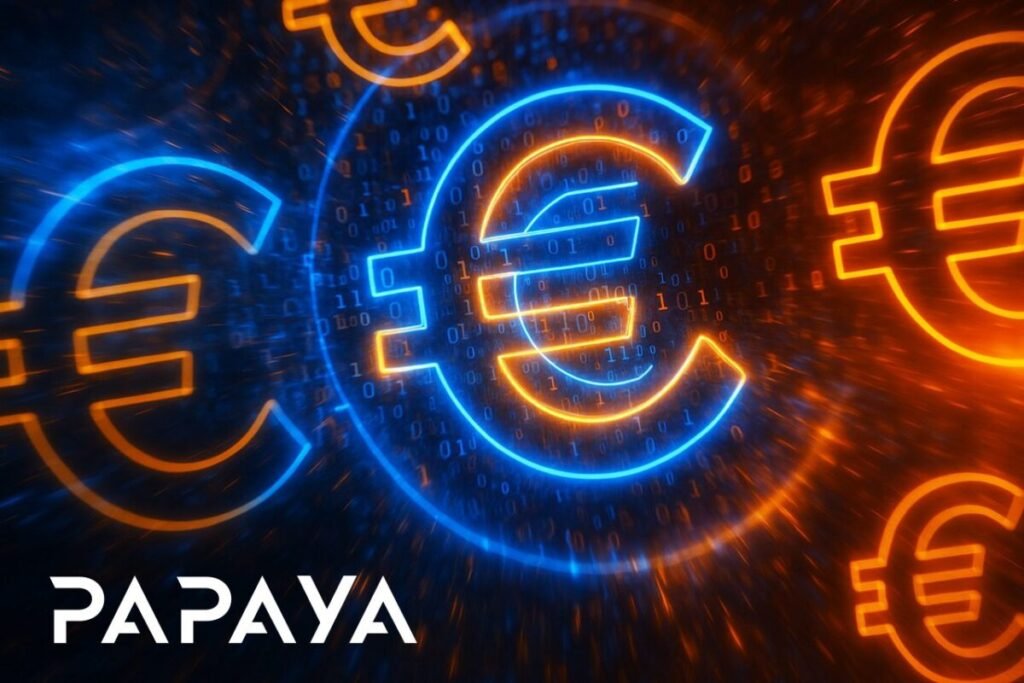In a significant stride for the European fintech sector, Papaya Ltd. has officially become one of the first Electronic Money Institutions (EMIs) to secure direct access to the Single Euro Payments Area (SEPA). This includes both SEPA Credit Transfers (SCT) and SEPA Instant (SCT Inst), a move that places the company on the European Payments Council’s official register of SEPA participants.
This milestone effectively places Papaya on a level playing field with traditional credit institutions, eliminating its reliance on correspondent banks to process euro transactions. By gaining direct access to both standard and instant payments, Papaya can now exert full control over its payment flows, leading to greater efficiency, reduced costs, and faster processing times for its clients.
“Becoming a direct SEPA participant is no small feat. It’s not just about ticking regulatory boxes — it requires a rare mix of operational maturity, compliance strength, and technical readiness,” said Igor Tsybolyuk, CEO of Papaya Ltd. “We’re proud to lead this transformation and show that EMIs can operate on the same level as banks when it comes to payments infrastructure.”
This move is a direct response to a major industry challenge. Until recently, EMIs, despite being fully licensed, were forced to use intermediary banks to settle payments. This created a complex, multi-layered system that often added risk and operational burden. Papaya circumvented this by investing in its own robust infrastructure and compliance frameworks.
To qualify for direct participation, Papaya demonstrated a high degree of technical and operational readiness, including a compliant safeguarding model, successful technical integration with the Latvian Central Bank, and strong AML and risk management systems developed to banking-level standards.
This achievement is more than just a company milestone; it signals a broader shift in the fintech landscape. It proves that EMIs willing to invest in core infrastructure, rather than simply relying on third-party solutions, can gain independence and unlock greater payment freedom for the businesses they serve.

